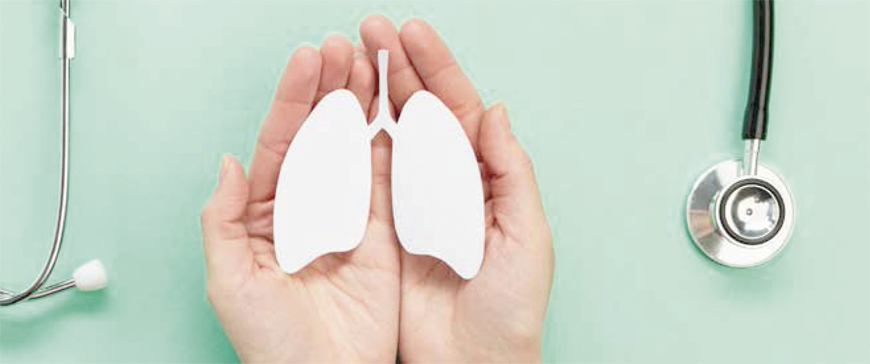
By Dr Kamal ‘Akl Pediatric Consultant & Pediatric Nephrologist
A trip to the cardiologist verified that Sanad’s heart was in good condition, allowing him to proceed with general anesthesia.
However, a subsequent ultrasound requested by the nephrologist uncovered an unforeseen detail: Sanad’s right kidney was found to be smaller than usual.
What does that mean?
Naturally worried, Sanad's mother posed the queries that were on every parent's mind.
Mother: What might lead to having a smaller kidney?
Doctor: A frequent reason for this issue is what’s known as "urinary reflux," which occurs when urine moves backward from the bladder towards the kidneys.
Should this occur during the initial stages of fetal development, it might disrupt the process of kidney formation, leading to a smaller and less effective organ.
Mother (tearfully): Could this lead to kidney failure?
Doctor: Not necessarily.
Should the remaining kidney be in good condition and working effectively, there’s no cause for concern.
Mother: What assurance do we have that the second kidney is healthy?
Doctor: We look for signs of reflux. The process involves a radiologist inserting a thin tube via the urethra and injecting contrast dye into the bladder. Reflux will be visible on the scan if it’s present.
If there's no sign of reflux and the kidney function is normal, this is quite reassuring.
What occurs to the smaller kidney?
Mother: Could it become more severe?
Doctor: It could remain unchanged or slowly decrease over time.
This is precisely why routine check-ups are crucial.
Mother: What steps should we take to safeguard the healthy kidney?
The doctor mentioned that Sanad requires routine appointments—annually he should have an ultrasound to track development, along with semi-annual assessments of his blood pressure and urine samples.
To elaborate, the physician provides an easy comparison: "Think of a cart carrying ten bags of flour being drawn by two horses."
Should one horse become sick, the remaining horse has to bear the entire burden single-handedly.
It could possibly get by for some time, but without assistance or a reduced load, it will ultimately grow weary."
Easing the load
To maintain a robust healthy kidney, the physician suggests several easy changes to your daily routine:
Reduce your intake of salt and red meat as they put stress on the kidneys.
Choose fish and poultry as alternatives.
Stay away from non-essential drugs since they might pose risks to your kidneys.
Act swiftly if Sanad becomes dehydrated, particularly when he has childhood ailments such as gastroenteritis. Most crucially: "Don’t worry," the physician assures confidently.
numerous individuals lead completely healthy lifestyles with merely one small kidney—or even just one kidney—without being aware of it at all.
The important things are care, awareness, and consistent monitoring."
Reproduced with permission from Family Flavours magazine
